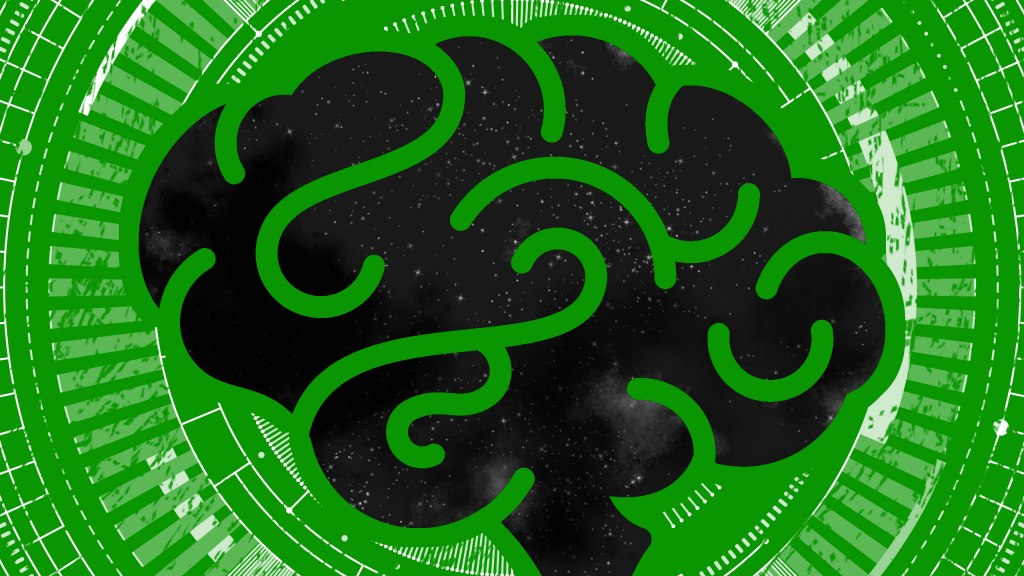Source – techcrunch.com
With every new trend comes a counter-trend. And so despite the current excitement over the wonders of artificial intelligence, one company is betting that human intelligence can still deliver solutions for businesses that AI cannot hope to match.
Article One Partners (AOP) is a crowdsourced network of over 42,000 researchers in 170 countries — 42% of whom have graduate degrees in a variety of science, technology, and engineering specialties. The firm got its start uncovering patent-busting prior art for defendants in high-stakes patent infringement suits, where it quickly earned a reputation for finding invalidating prior art in hidden corners of the globe that Google search could never reach — an unpublished Korean-language PhD dissertation, a rural Norwegian library, even in a New York City pawn shop. Their work often found that a “novel invention” wasn’t so novel after all.
But in recent years, AOP’s sleuths have begun to make a name for themselves as an all-purpose “human search engine” that can help businesses solve challenges that algorithm-based search engines cannot, especially in the development and marketing of innovative new products.
Earlier this year, for example, a small manufacturer based in Europe needed to develop a pipe system that could move highly-volatile and abrasive hydrocarbons like solvents and metal cleaning agents safely over long distances. Hydrocarbons tend to destroy everything they touch — park your car in a puddle of gasoline and your tires will swell and eventually rot. So the company needed to invent a new type of material for the pipe works that would be resistant to organic chemical reactions from the liquid passing through it at varying pressures — and yet still be deformable (i.e., able to swell up to twice its width but then reform to its original shape).
A well-formulated search engine string could certainly point to materials already developed, and research already published. But to find a truly novel yet cost-effective solution, the company felt it needed human insight and expertise in multiple scientific and engineering disciplines. So it retained the British-based innovation consultancy The Moon on a Stick, which in turn called upon AOP for help.
According to The Moon on a Stick’s managing partner Sean Warren, the results were impressive. “AOP’s research crowd came back with 142 possible solutions or compositions that would enable the pipes to withstand the volatile hydrocarbon material and perform as needed,’ Warren noted. “I was quite surprised by the depth and relevance of the technical approaches they uncovered, some of which the client had never even imagined.”
These included a novel approach using nanotechnology, as well as some little-known new research underway at U.S., European, and Asian universities.
AOP also works with large enterprises, even those with vast internal resources like the telecom giant AT&T and the $30 billion technology giant Philips, the latter of which initially retained AOP to assist with its patent function. But as Brian Hinman, the firm’s retiring chief intellectual property officer, explained, the relationship soon expanded. “We now use AOP to identify manufacturing and distribution channels for certain goods, as well as to explore new trends in particular technology domains.”
One new tech area where Philips was considering expanding its R&D effort was Visible Light Communications (VLC), which uses a band of visual light between 400 and 800 THz to send data such as ads to in-store consumers (or potentially, instant replay video to spectators in a football stadium). Philips deployed AOP experts to start digging for everything they could find — products, companies making products, and new cutting-edge research in VLC — that would help the company make a business decision on whether, and how, to invest in VLC or not.

This is where the distinction between algorithms and human judgment becomes crucial. A search engine query can quickly tell you a lot about VLC, its history, a few of the major players, and some published research in the field. But to make a business decision about whether to invest tens of millions of dollars in developing and marketing VLC products, Philips needed the experi8ence, insight, and business judgment of human experts who could assess the size and scope of the market opportunity as well as the best “white space” innovation areas for the firm.
Bet-the-company decisions like that should not be left to an algorithm, said Philips’s Hinman. “AOP produced actionable intelligence that enabled us to make informed decisions regarding innovation focus, invention generation, and potential acquisitions.”
To be sure, the robust AI systems now being designed and implemented do more than simply answer search queries. They can also manage systems, conduct operations, and take action. But fundamentally — at least so far — these are differences mostly of degree, not kind.
In any event, for challenges that quite literally require boots on the ground, even the most advanced AI system won’t be able to compete with a network of human sleuths. AOP’s CEO Peter Vanderheyden offered one example:
“We were engaged by a global licensing organization for one of the world’s biggest consumer products,” he recalled. “They asked us to find out where unlicensed devices were being sold around the world. Now, Google could point to all kinds of articles about counterfeit products in China or in India. It could also give you estimates of the losses due to counterfeit product sales. But that only tells this licensing organization what they already know, right?
“So we asked our researchers to go out and actually knock on doors,” he continued. “We had them go into their local stores, in whatever country they were located, and take six pictures of every box containing a device that featured this advertised consumer technology — one photo of each side of the box. The goal was to see if the package displayed the proper license label.”

To no one’s surprise, AOP sleuths produced photos of quite a few unlicensed products around the world. “And mind you, this was unbiased, third party, time-stamped evidence,” he added. “Very admissible in court. Which you better believe this licensing organization made sure to mention when it contacted those unlicensed vendors.”
Vanderheyden claimed that AOP’s work helped the licensing organization collect millions of dollars in new licensing revenues, though he declined to be more specific. “We also helped identify ways to improve their licensing control practices to reduce problems,” he added.
AOP’s latest bet on human intelligence was the launch last month of a new TalentSource service, offering qualified expert technologists from its crowd on a contract basis to companies. The aim here is to fill a growing need within companies for expertise in new or adjacent technologies outside their core R&D competence that industry convergence is increasingly forcing them to contend with. TalentSource enables these firms to bring in the talent needed to explore these new technological areas without having to invest yet in hiring full-time staff.
What’s unique about TalentSource compared to traditional technology consulting firms in the industry? AOP’s Vanderheyden claims it’s the depth of its bench of subject matter experts — again, 42,000 experts, almost half of whom have advanced degrees — as well as the flexible on-demand nature of their availability.
Whatever happens with Article One Partners and its various ventures in HI (human intelligence), it does seem clear that despite the enormous promise of AI, there will always be some challenges that require human judgment, expertise, and insight to deal with effectively.
